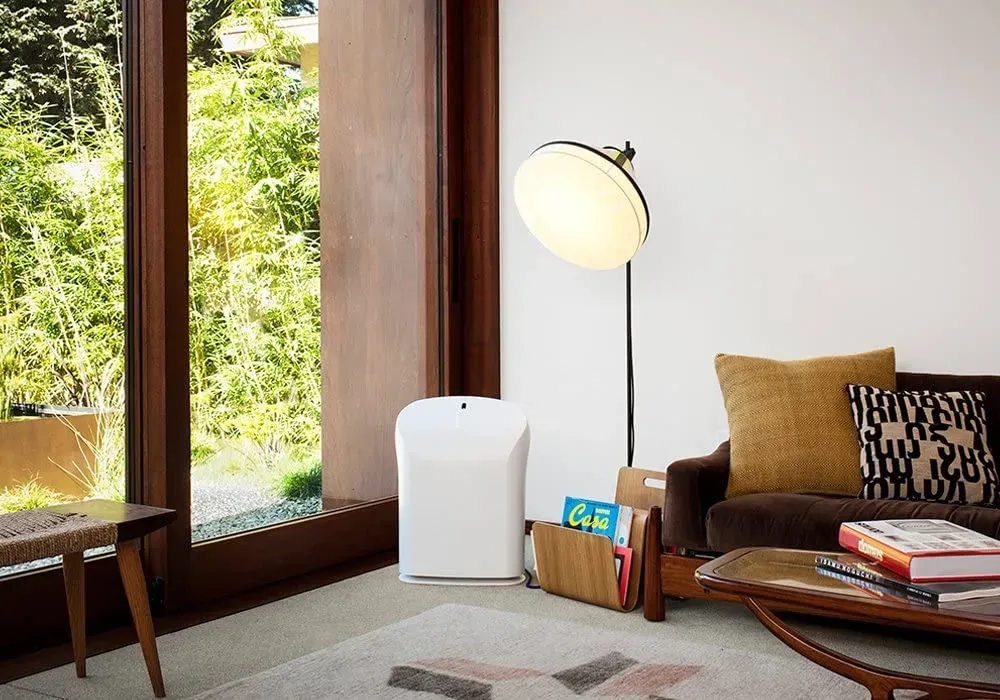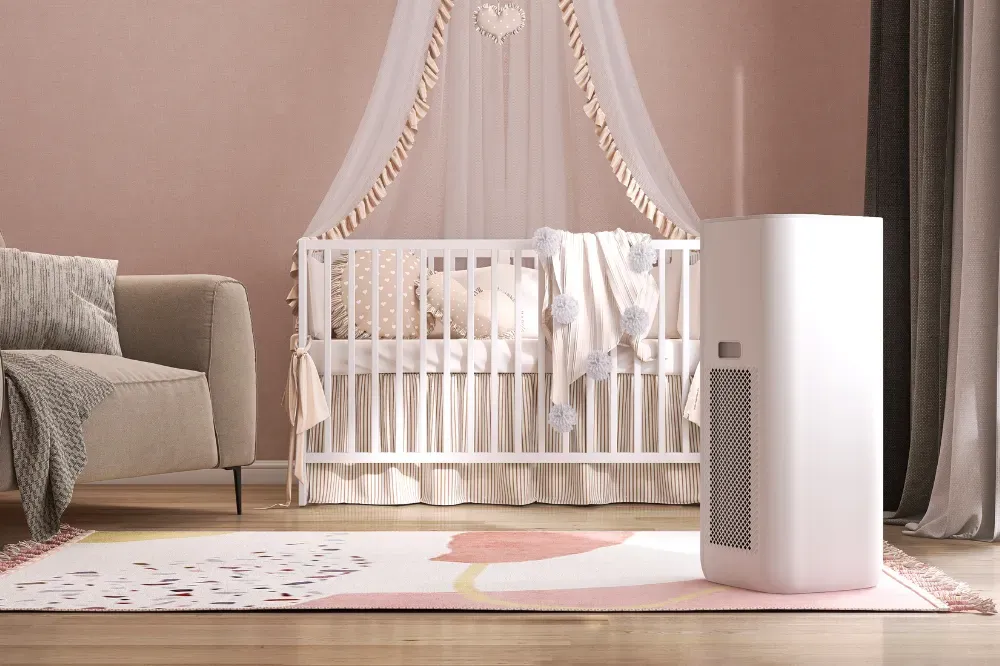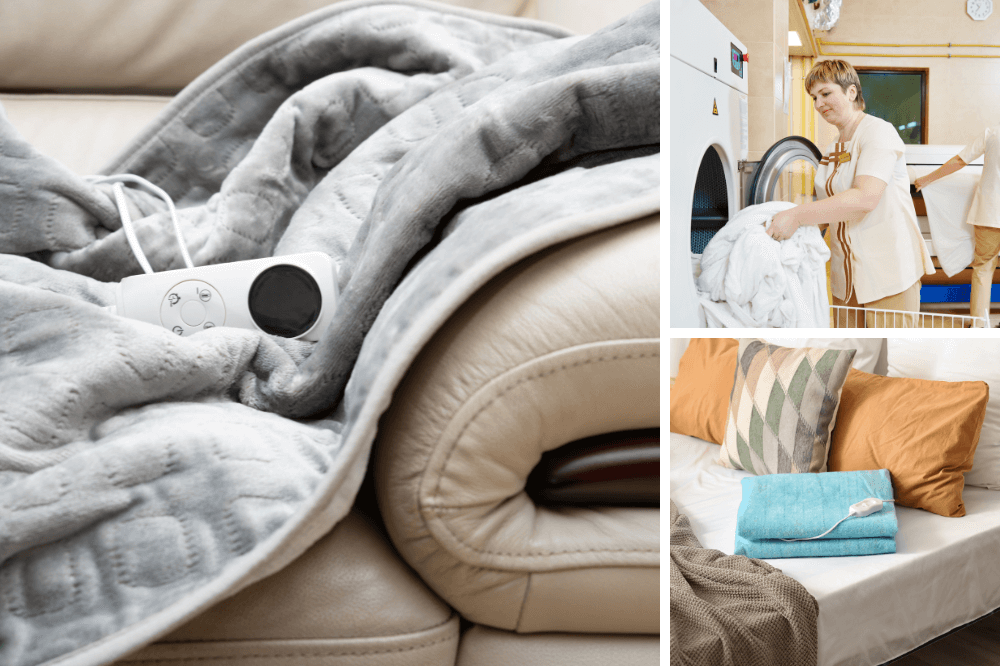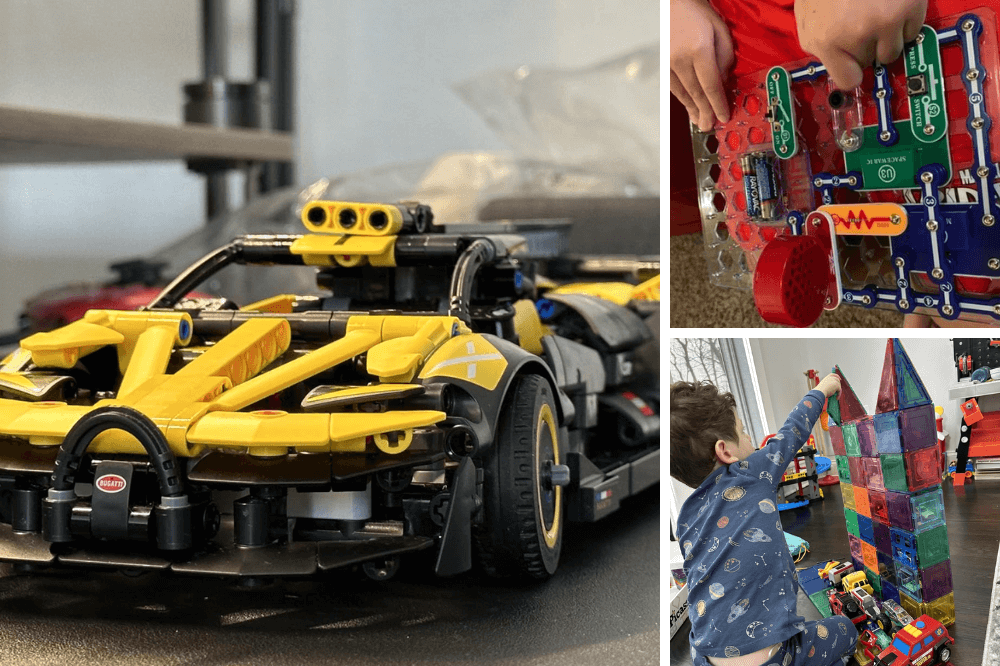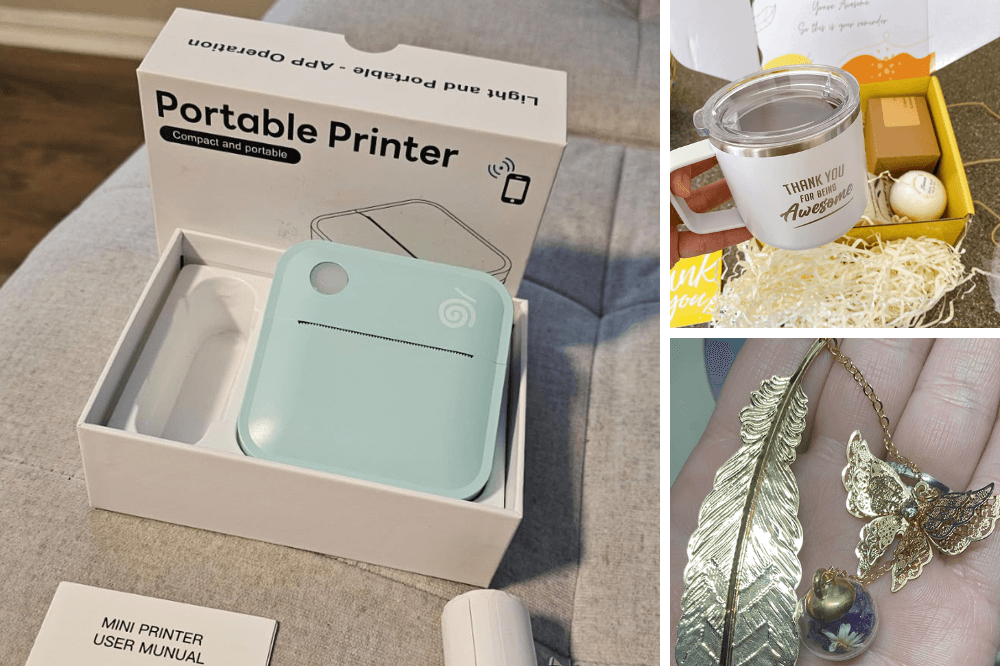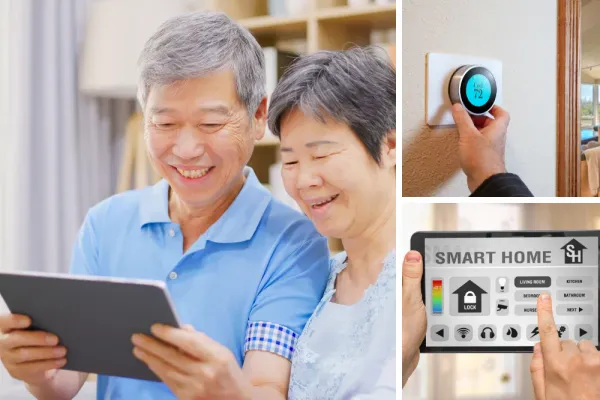Key Takeaways:
- Air purifiers with HEPA filters can effectively remove particulate matter and improve indoor air quality.
- Not all air purifiers are created equal; effectiveness varies based on type, size, and the specific pollutants they target.
- Regular maintenance and correct usage are crucial for air purifiers to work efficiently in reducing airborne pollutants.
Air purifiers have become a staple in many households, promising to cleanse the air of pollutants and allergens. But amidst the marketing claims and technical jargon, one question remains at the forefront: do air purifiers work? This article delves into the mechanics of air purifiers, the different types available, and the effectiveness of each in improving air quality.
Understanding Air Purifiers and Indoor Air Pollution
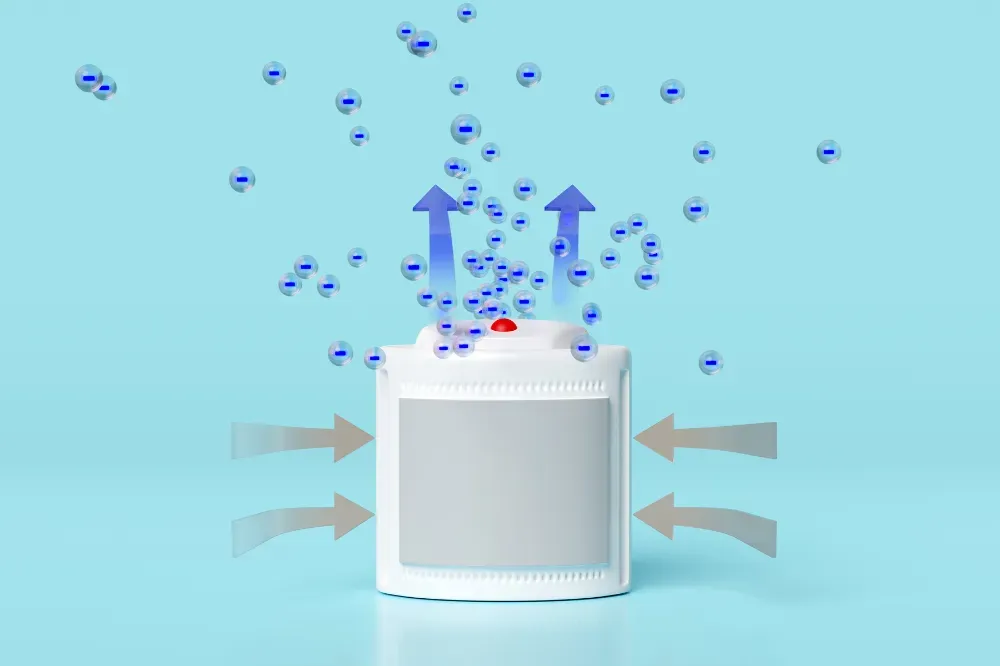
Indoor air pollution is a concern for many, especially those suffering from allergies, asthma, or respiratory diseases. The Environmental Protection Agency (EPA) has indicated that indoor air can be more polluted than outdoor air, even in the largest and most industrialized cities. This is where air purifiers come in, designed to filter out various airborne particles and improve indoor air quality.
The Science Behind HEPA Air Purifiers
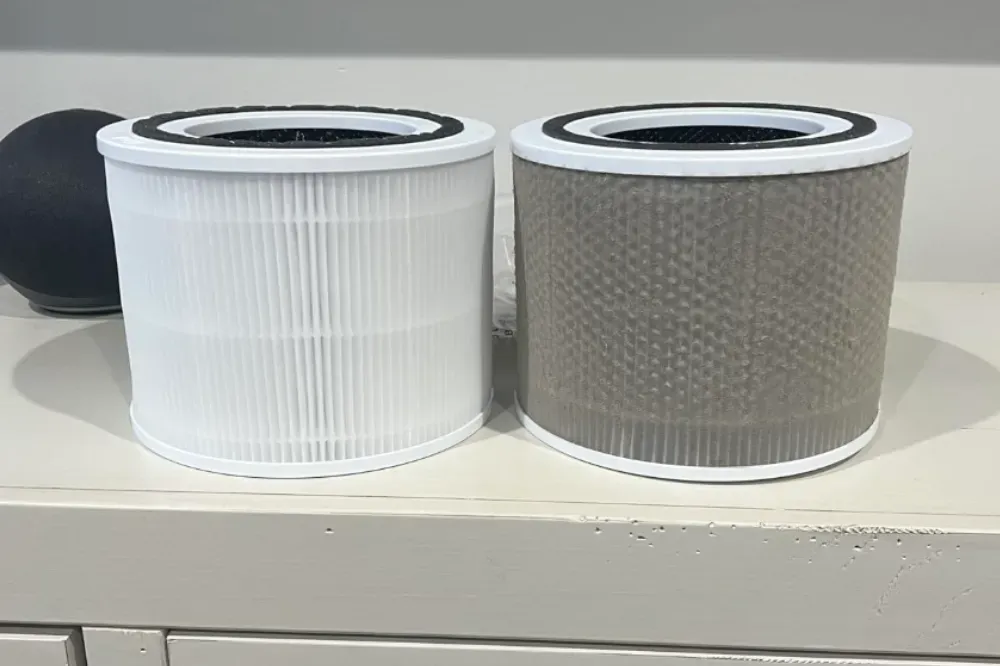
HEPA air purifiers use high-efficiency particulate air (HEPA) filters to trap particles as small as 0.3 microns with a 99.97% efficiency rate. These mechanical filters force air through a fine mesh that captures harmful pollutants such as dust mites, pet dander, and tobacco smoke. HEPA filtration is considered the gold standard in air purification technology.
The Role of Activated Carbon Filters
While HEPA filters are adept at capturing particulate matter, activated carbon filters excel at adsorbing gaseous pollutants like volatile organic compounds (VOCs) and odors. These filters contain a vast surface area, making them highly effective at trapping chemicals that cause poor indoor air quality.
Ionic Air Purifiers and Electrostatic Precipitators
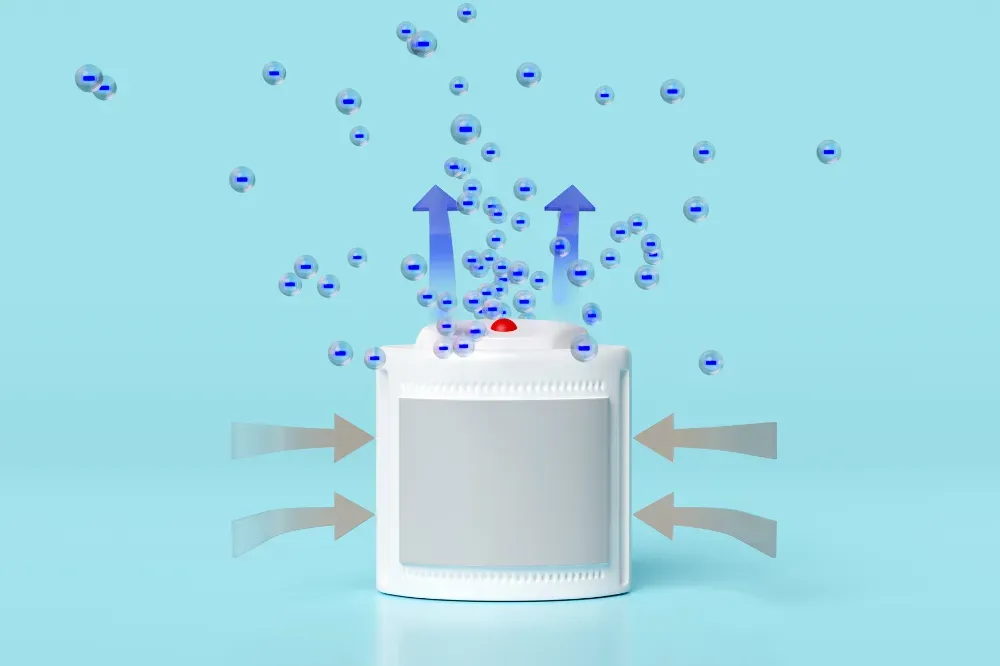
Ionic air purifiers and electrostatic precipitators use an electrical charge to remove airborne pollutants. These devices charge particles as air passes through them, causing the particles to stick to a collection plate or to each other and settle out of the air. However, some ionic air purifiers can produce ozone gas, which is a lung irritant.
Ultraviolet Germicidal Irradiation (UVGI)
Ultraviolet light in air purifiers is used to kill bacteria and viruses. UVGI technology is often used in combination with other filtration methods to provide a more comprehensive approach to air purification. However, UV light alone is not effective at removing dust, allergens, or other particulate matter.
Assessing the Clean Air Delivery Rate (CADR)
The CADR is a measure of an air purifier's effectiveness in filtering out specific pollutants. The higher the CADR, the more efficient the air purifier is at cleaning the air within a particular room size. This rating is a crucial factor to consider when choosing the right air purifier for your space.
Portable Room Air Purifiers vs. Whole-House Systems
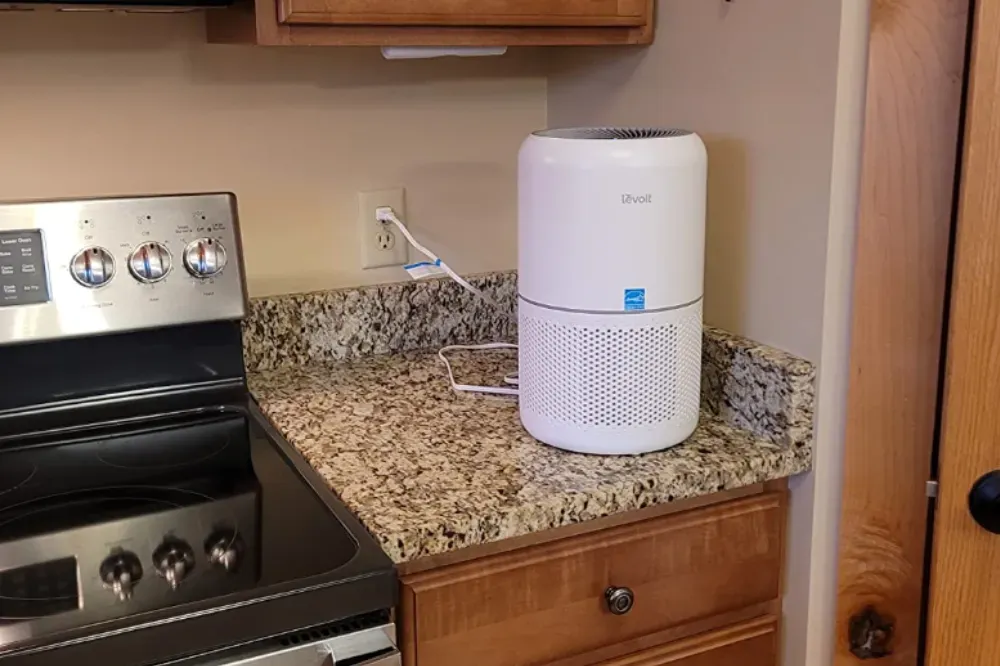
Most portable air purifiers are designed for single-room use and can be moved from one place to another. On the other hand, whole-house systems are integrated into the home's HVAC system, providing cleaner air throughout the entire living space. The choice between the two depends on the specific needs of the household.
The Impact of Air Purifiers on Health Benefits
Studies have shown that using air purifiers can lead to health benefits, particularly for allergy and asthma sufferers. By reducing the concentration of airborne allergens, symptoms such as runny nose, sneezing, and itchy eyes can be alleviated. Air purifiers can also help reduce the risk of airborne diseases by filtering out pathogens.
Choosing the Right Air Purifier for Your Needs
Selecting the best air purifier depends on several factors, including the size of the room, the type of pollutants you want to remove, and the specific health concerns of your family members. It's essential to consider the type of filter, the unit's CADR, and additional features like indicator lights or washable filters.
The Importance of Maintenance and Proper Use
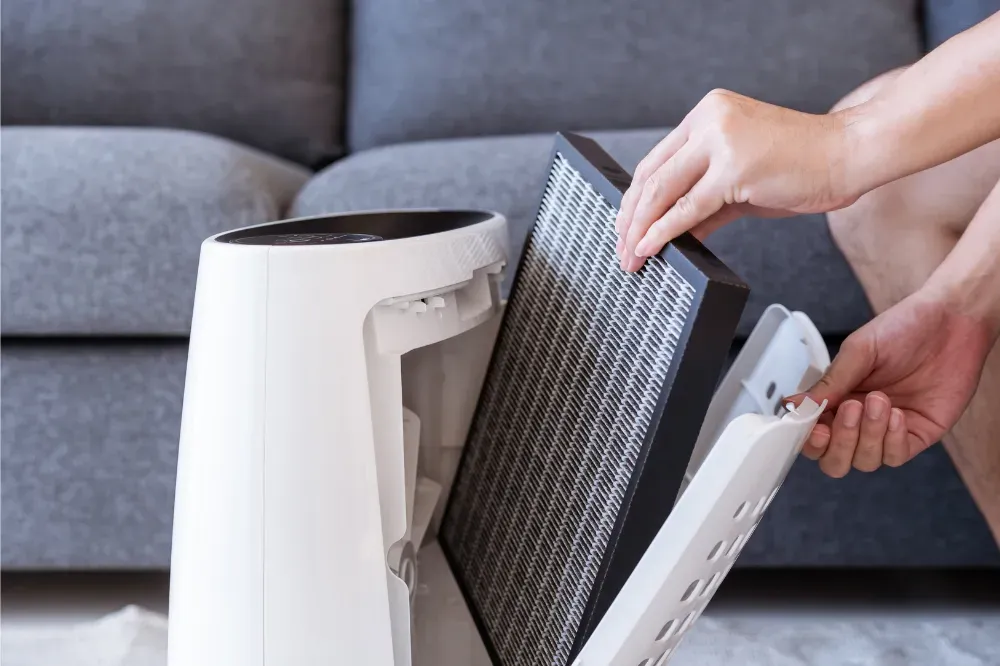
To ensure air purifiers work effectively, routine maintenance such as replacing or cleaning filters is necessary. Also, proper usage, such as continuously running the air purifier and keeping doors and windows closed, can significantly improve its performance.
Addressing the Concerns About Ozone Generators
Ozone generators are a type of air purifier that intentionally produces ozone gas, which manufacturers claim can deodorize, disinfect, and kill or remove dangerous or irritating airborne particles. However, ozone is a harmful pollutant, and the EPA advises against using ozone generators in occupied spaces.
The Verdict on Air Purifiers and Cleaner Air
Air purifiers can play a significant role in improving indoor air quality, especially when used correctly and maintained regularly. They are particularly beneficial for individuals with allergies, asthma, or other respiratory conditions. However, they are not a cure-all and should be part of a broader strategy to reduce indoor air pollution.
Summary
Air purifiers can be effective tools in the quest for cleaner air, particularly when equipped with HEPA filters and activated carbon filters. They work by trapping particles and adsorbing gases, thereby improving indoor air quality. However, their effectiveness depends on various factors, including the type of air purifier, the pollutants present, and how well the purifier is maintained and used. While air purifiers can offer health benefits, especially for those with respiratory issues, they should be used in conjunction with other measures to ensure the best possible indoor air quality.
FAQ Section
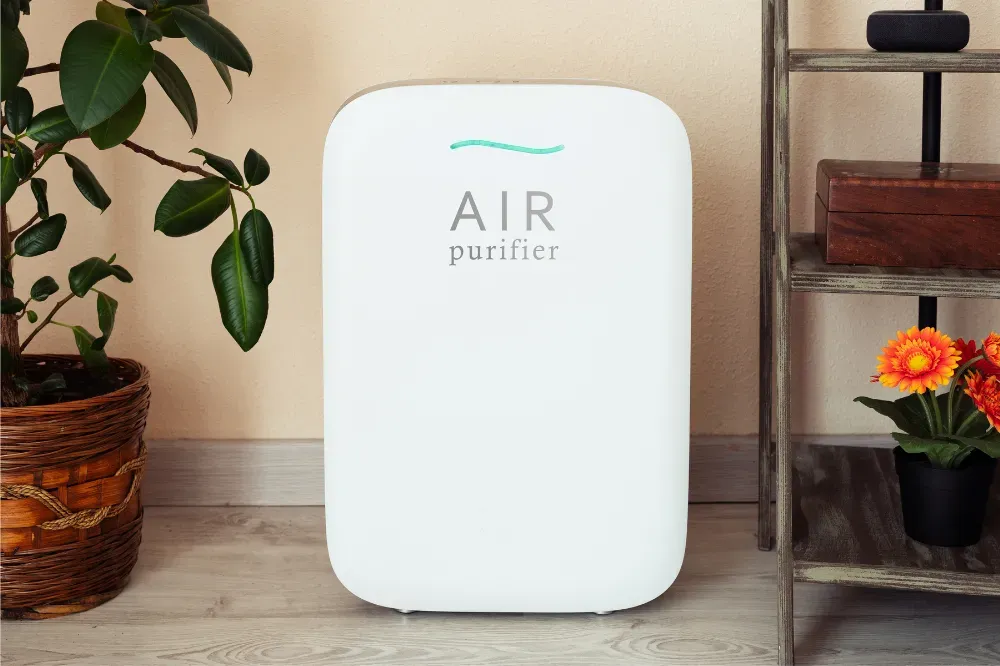
Q: Can air purifiers eliminate all indoor pollutants? A: No, air purifiers cannot eliminate all indoor pollutants, but many air purifiers can significantly reduce the levels of particulate matter and some gaseous pollutants. It's important to choose the right type of air purifier and maintain it properly for optimal performance.
Q: Are air purifiers safe to use around children and pets? A: Yes, most air purifiers are safe to use around children and pets, especially those with HEPA and activated carbon filters. However, it's crucial to avoid air purifiers that produce ozone, as ozone can be harmful to both human health and pets.
Q: How often should I replace or clean the filters in my air purifier? A: The frequency of filter replacement or cleaning depends on the manufacturer's recommendations and the air purifier's usage. Generally, a HEPA filter should be replaced every 6 to 12 months, while activated carbon filters may need to be replaced every three months. Always refer to the user manual for specific guidance.
Q: What can an air purifier do? A: An air purifier can significantly improve indoor air quality by removing contaminants, allergens, and pollutants. This is achieved through various types of air purifiers, such as HEPA filters, activated carbon filters, UV light purifiers, and ionizers. Each type targets specific airborne particles like dust, mold spores, pet dander, smoke, and even bacteria or viruses, contributing to cleaner and healthier air in your home or office.
